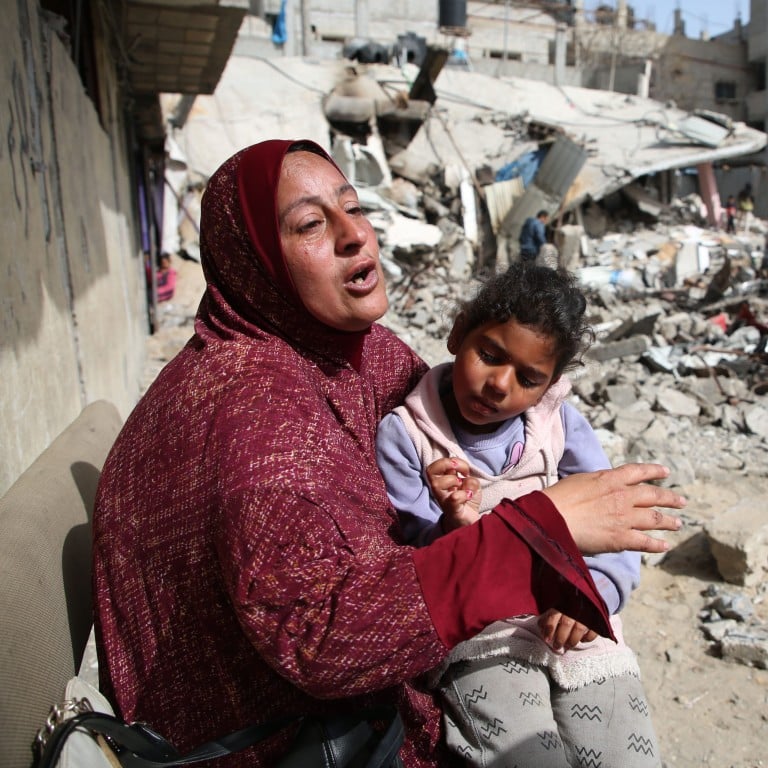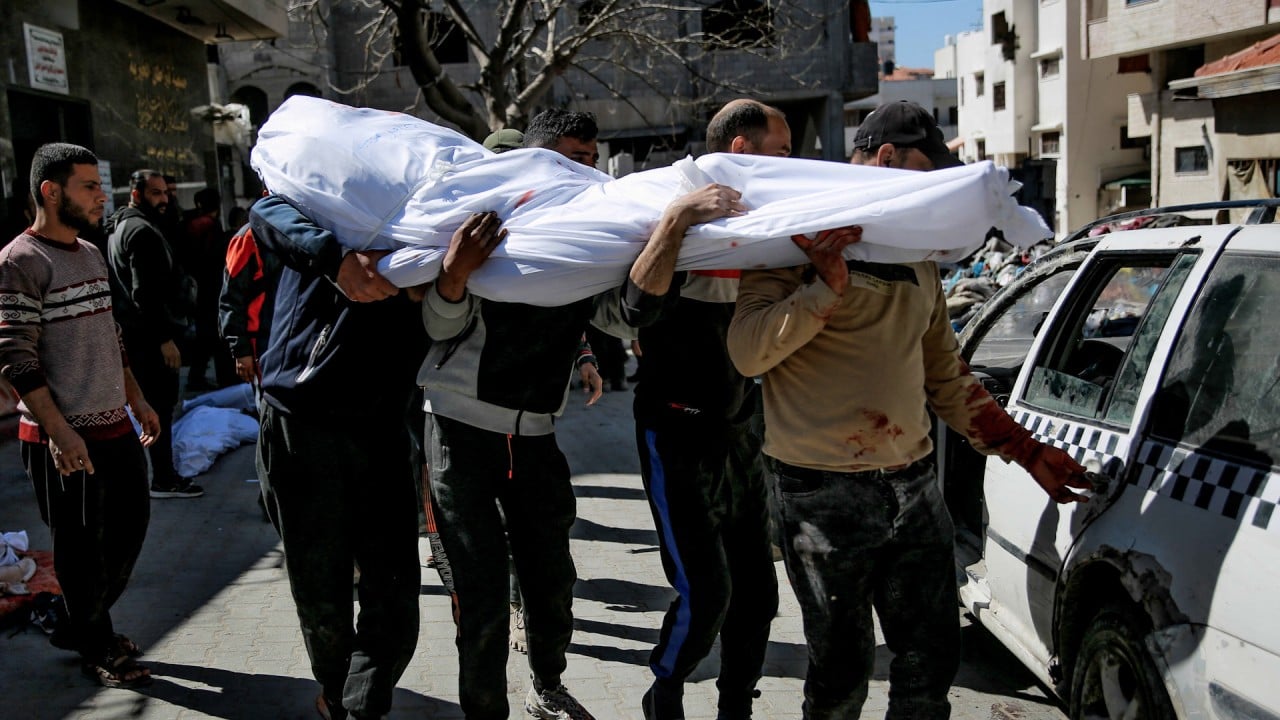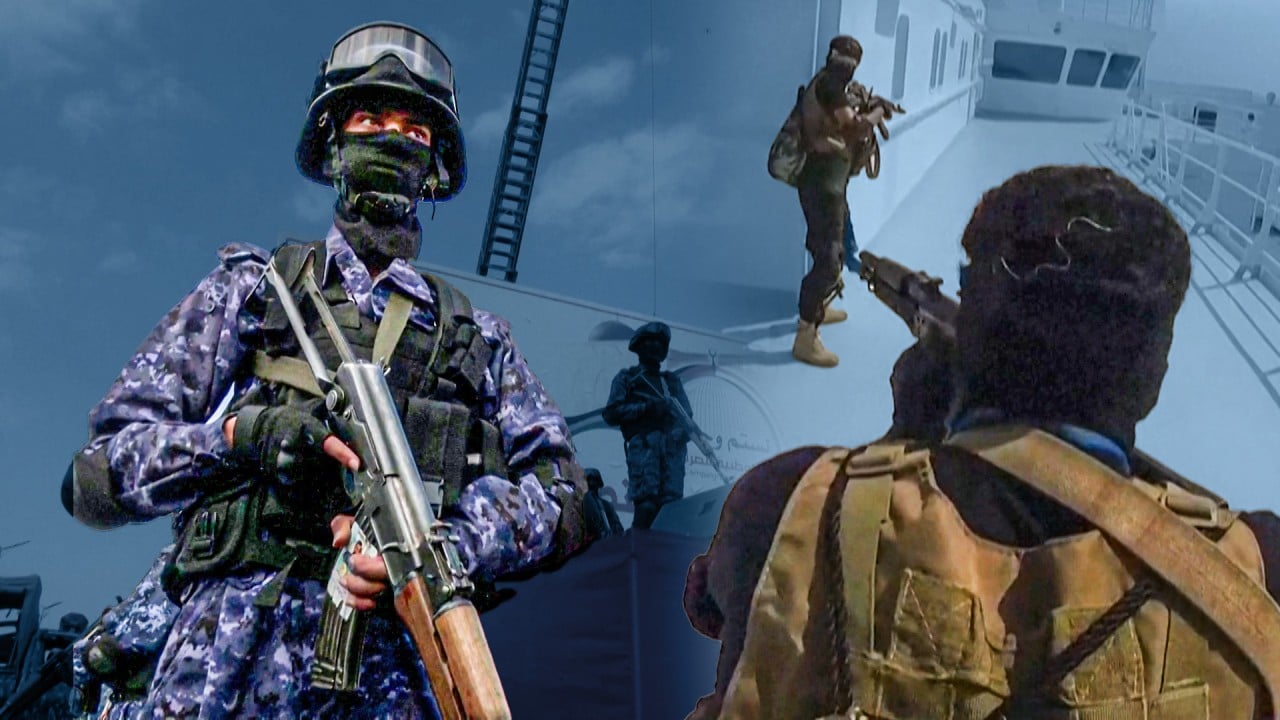
Gaza war: UN Security Council’s ceasefire demand must not be ignored
- Faced with US ambivalence and Israel’s rejection, the ceasefire demand risks becoming a political footnote
- At the least, council members should organise a humanitarian task force and evolve a plan to implement the spirit of the resolution
Despite the many months it took to reach a ceasefire consensus and the thousands of lives lost, the resolution is to be cautiously welcomed – a slender silver lining in the dark clouds above Gaza.
The core demand is for an “immediate ceasefire” for the rest of Ramadan, which ends on April 9, to be “respected by all parties” and “leading to a lasting sustainable ceasefire”.
Clearly, the Security Council resolution has had little effect so far. Israel has vowed to continue the war against Hamas, despite international warnings that it would mean the deaths of more innocent civilians.
The resolution has its weaknesses. Like with other consensus documents agreed upon at the horseshoe-shaped table, the language has had to accommodate very divergent political positions among the five permanent members, the US, Russia, Britain, France and China.
Remarkably, White House National Security Council adviser John Kirby has declared the Security Council resolution “non-binding” and that Israel cannot be forced to comply with it. Kirby also said there was no change in US policy with regard to the October 7 Hamas attack.
But since Tel Aviv knows it cannot continue this war if the US were to suspend the military aid and much-needed inventory it is providing to the Israel Defence Forces, Netanyahu’s public posturing will be shaped to address domestic political compulsions and its military dependency.
The Biden team is unlikely to take a firmer position to restrain Israel, despite the global outrage and condemnation of the manner in which the war is waged.
If the Security Council’s ceasefire resolution is allowed to flounder and remain a political homily, the major powers (the US, Russia and China) would be guilty of remaining inside their insular security envelopes while Palestinians face a dire threat where their right to exist is being endangered by Netanyahu’s intransigence.
The most urgent need is for humanitarian aid to reach Gaza and the starving Palestinians trapped in different locations. Within the Security Council, the three permanent members of China, France and Britain and the three non-permanent members of Algeria, Japan and South Korea ought to form a cluster of like-minded nations to put together a humanitarian task force under the aegis of the UN and evolve a plan to implement the spirit of the ceasefire resolution.
World court orders Israel to take action to address Gaza famine
Commodore C. Uday Bhaskar is director of the Society for Policy Studies (SPS), an independent think tank based in New Delhi



